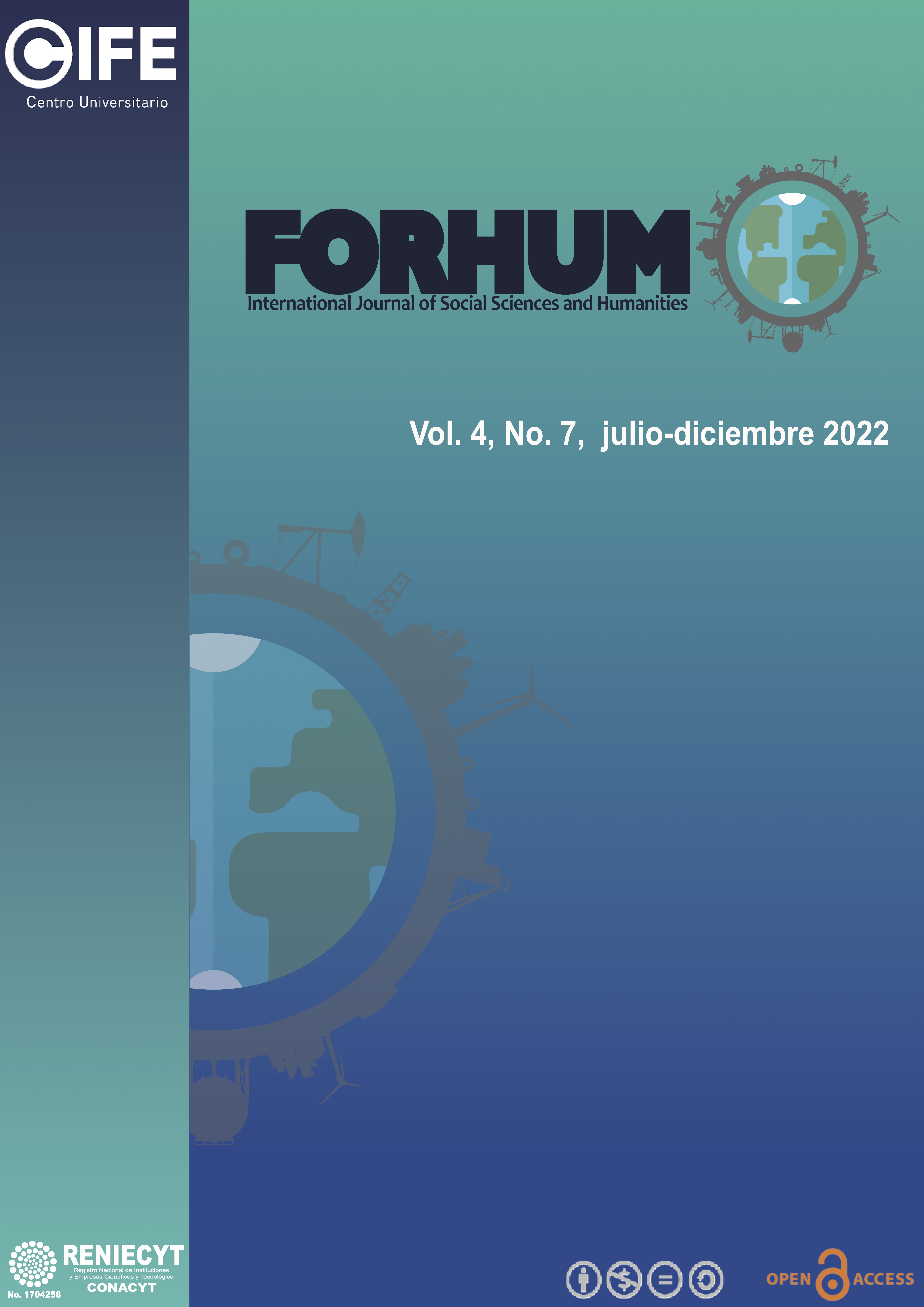Abstract
The assessment of the pedagogical practices of the teachers is carried out through instruments oriented on Likert-type scales or checklists that assess general and cognitive aspects of the teaching work, omitting the relevant actions that must be implemented with the students so that they are formed as citizens according to the objectives of sustainable social development. Rubrics are very important and required for teachers to self-assess their pedagogical practices and implement improvements accordingly. That is why the purpose of this study was to design a socioformative rubric to self-assess basic pedagogical practices to achieve sustainable social development and determine content validity, construct and reliability. In this regard, an instrumental study was carried out based on the following steps: 1) content validity by 27 expert judges in the area using the same form on Google; 2) analysis of the content validity, relevance and general satisfaction of the instrument, by means of a pilot group composed of 69 people and a sample of 218 teachers using the Aiken’s V; 3) construct validity and reliability by the sample of 218 teachers through Exploratory Factor Analysis (EFA) and Confirmatory Factor Analysis (CFA). The results show that the rubric has content and construct validity, adequate levels of reliability based on the target population..
References
Aiken, L. (1985) Three Coeficients for Analyzing the Reliability and Validity of Ralings. Educatlonai and Psychologjcal Measurement 45, 131-142.
Ambrosio, R (2018) La socioformación: un enfoque de cambio educativo, Revista Iberoamericana de Innovacion, 76 (1), 57-82. Recuperado de: https://rieoei.org/RIE/article/view/2955
Aminah, N., & Wahyuni, I. (2018). Design of capability measurement instruments pedagogic content knowledge (PCK) for prospective mathematics teachers. Journal of Physics: Conference Series, 1-5. doi :10.1088/1742-6596/1013/1/012112
Costello, A.B., & Osborne, J. (2005). Best pr Best practices in explor actices in exploratory factor analysis: four or analysis: four recommendations for getting the most from your analysis. Practical Assessment Research & Evaluation, 10 (7), 1-10. https://doi.org/10.7275/jyj1-4868
Forero, C., Maydeu-Olivares, A., & Gallardo-Pujol, D. (2009). Factor analysis with ordinal indicators: A Monte Carlo study comparing DWLS and ULS estimation. Structural Equation Modeling, 16:625-641. https://doi.org/10.1080/10705510903203573
Fornell, C., & Larcker, D. F. (1981). Evaluating Structural Equation Models with Unobservable Variables and Measurement Error. Journal of Marketing Research, 18(1), 39–50. https://doi.org/10.2307/3151312
Giaconi, V., & Perdomo, J. (2018). Prácticas docentes, autoeficacia y valor en relación con la resolución de problemas de matemáticas: diseño y validación de un cuestionario. ENSEÑANZA DE LAS CIENCIAS, 36(3), 99-120. https://doi.org/10.5565/rev/ensciencias.2351
Guevara, G., Veytia, M.G., & Sánchez, A. (2020). Validez y confiabilidad para evaluar la rúbrica analítica socioformativa del diseño de secuencias didácticas. Espacios, 41(09), 12-26. Recuperado de: https://bit.ly/31jKiGN
Gutiérrez, N.N., & Chaparro, A. A. (2019). Evidencias de fiabilidad y validez de una escala para la autoevaluación de las prácticas de enseñanza en secundaria. Perfiles Educativos, XLII (167), 119-137. https://doi.org/10.22201/iisue.24486167e.2019.167.58854
Hartley, J. (2013). Some thoughts on Likert-type scales. International Journal of Clinical and Health Psychology, 13, 83−86. https://doi.org/10.1016/S1697-2600(14)70040-7
Hu, L.T. & Bentler, P. (1999). Cutoff criteria for fit indexes in covariance structure analysis: Conventional criteria versus new alternatives. Structural Equation Modeling, 6(1), 1-55. https://doi.org/10.1080/10705519909540118
Malva, L., Leijena, A., & Baucalb, A. (2020). Towards measuring teachers’ general pedagogical knowledge – A mixed method investigation of a pilot test. Studies in Educational Evaluation, 64, 1-13. https://doi.org/10.1016/j.stueduc.2019.100815
Montero, I. & León, O. (2007). A guide for naming research studies in
Psychology. International Journal of Clinical and Health Psychology, 7(3), 847-862. Recuperado de : https://goo.gl/558yc8
Oviedo, C., & Campo, A. (2005). Metodología de investigación y lectura crítica de estudios. Aproximación al uso del coeficiente alfa de Cronbach. Revista Colombiana de Psiquiatría, 24(4), 572-580. Recuperado de https://goo.gl/bEjuz7
Pedroza, L.H., & Luna, E. (2017). Desarrollo y Validación de un Instrumento para Evaluar la Práctica Docente en Educación Preescolar. Revista Iberoamericana de Evaluación Educativa, 10(1), 109-129. https://doi.org/10.15366/riee2017.10.1.006
Salazar, E. & Tobón, S. (2018). Análisis documental del proceso de formación docente acorde con la sociedad del conocimiento. Espacios, 39(53), 17-30. Recuperado de https://bit.ly/3aQl2er
Sánchez-Contreras, M.L. (2019). Taxonomía Socioformativa: Un Referente para la Didáctica y la Evaluación. Forhum International Journal of Social Sciences and Humanities, 1(1), 100-115. dx.doi.org/10.35766/jf1911
Sánchez, M.T., & Sánchez, C. (2019). Design and Validation of a Questionnaire In Order to Assess the Adaptation of Educational Practices to the Flipped Learning Model. Aloma, 37(2), 25-33. Recuperado de: https://bit.ly/31gyzZM
Tobón, S., & Luna‐Nemecio, J. (2021). Complex thinking and sustainable social development: Validity and reliability of the complex‐21 scale. Sustainability (Switzerland), 13(12) doi:10.3390/su13126591
Yin, L. C., Loreman, T., Majid, R.A., & Alias, A. (2019). The Dispositions towards Loving Pedagogy (DTLP) scale: Instrument development and demographic análisis. Teaching and Teacher Education, 86, 1-9. https://doi.org/10.1016/j.tate.2019.102884

This work is licensed under a Creative Commons Attribution-NonCommercial-NoDerivatives 4.0 International License.
Copyright (c) 2023 Forhum Revista Internacional de Ciencias Sociales y Humanidades


